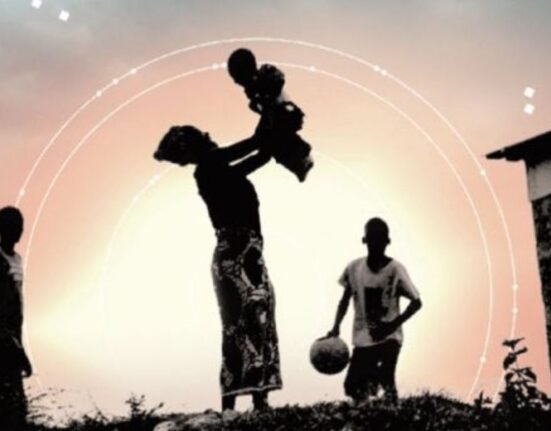HQ Team
April 12, 2023: About 263 million children and young people worldwide are out of school, and achieving education for all by 2030 is “seriously off track,” the UN stated.
Nearly 70% of children in underdeveloped nations cannot understand a basic text by the age of 10 due to poverty and malnutrition, UN Deputy Secretary-General Amina Mohammed said during a session of the Commission on Population and Development in New York.
Countries are facing a crisis in their education. She said an absence of equity and inclusion, quality and relevance is failing to equip them with the skills they need to thrive in a fast-changing world.
It is “one of the gravest educational challenges of our time,” she said.
The international community will also need to consider how to benefit from the world’s “demographic diversity,” with some countries having a median age of 50, and others, just 15, she said.
Conflicts, climate change
“This also applies to older persons, who will comprise the majority of the global population by 2050, and to persons with disabilities.”
The COVID-19 pandemic, conflicts, climate change, and rising food insecurity have further deepened inequalities in education, said Xing Qu, Deputy Director-General of the UN Educational, Scientific and Cultural Organization.
This situation has led to a dual crisis affecting learning and well-being. “Added to this are increasing rates of depression and stress among young people in many contexts – fuelled by fear of what the future holds, among other factors.
“The toll of these stressors on health and well-being is leading to increased student drop-out and teacher shortages,” he said.
Natalia Kanem, Executive Director of the UN Population Fund, said education was “a door opener” and “life changer,” particularly for vulnerable women and girls.
Education also reduces the likelihood of child marriage, female genital mutilation (FGM), and other harmful practices, lowering the risk of gender-based violence, she told delegates.
Sex education
There is a need to protect and defend education for all, including comprehensive sex education, which helps girls avoid unintended pregnancies and encourages both girls and boys to stay in school.
“It makes perfect sense. Give people the information and power to take charge of their reproductive rights and choices, and development outcomes improve,” she said.
Li Junhua, the head of the UN’s Department of Economic and Social Affairs, said the COVID-19 pandemic exposed fault lines in education systems.
“Children and young people in low and lower-income countries were deprived of access to learning as these countries saw large cuts in public spending on education,” said Mr Li in a pre-recorded message.
“This will require investing in digital literacy and closing the digital divide, drawing lessons from the COVID-19 pandemic. And we must continue expanding access to the internet and digital technologies for education.”
The Commission on Population and Development was established nearly 80 years ago by the UN Economic and Social Commission, one of the six main bodies of the global organization.








